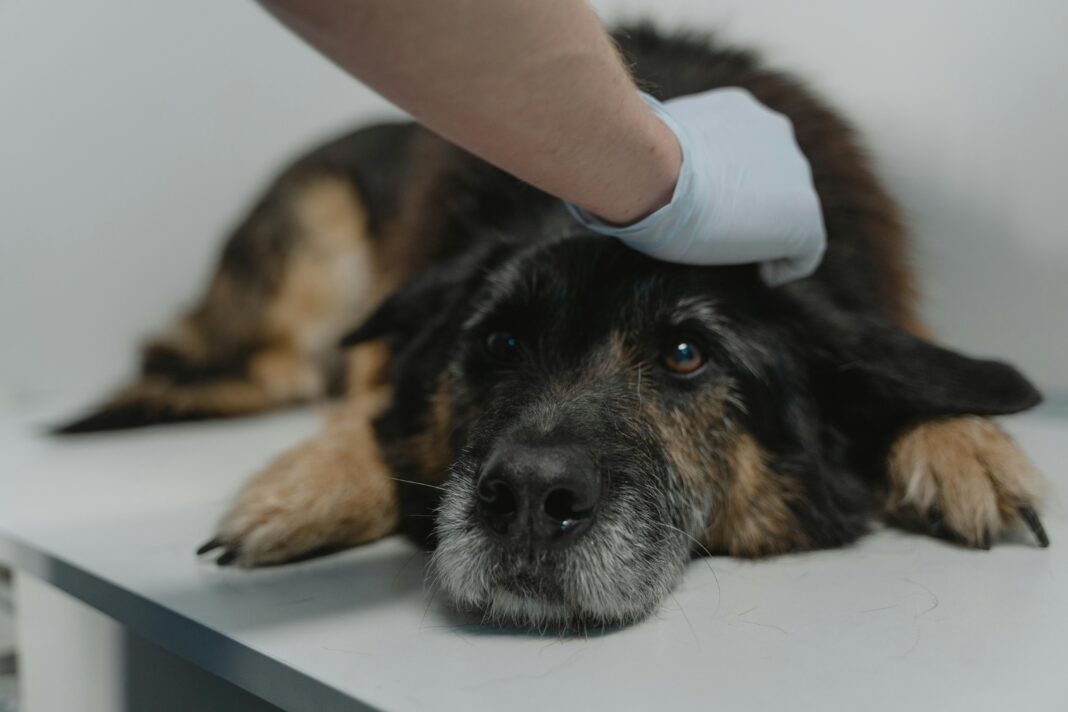As a pet owner, ensuring the health and happiness of your furry friend is likely one of your top priorities. To help you navigate your dog’s health care, we’ve compiled an essential dog health checklist. This comprehensive guide covers various aspects of dog health, from routine care to recognizing symptoms of potential issues. Let’s dive in!
Regular Veterinary Checkups
Why Are Checkups Important?
Regular veterinary visits are crucial for preventive care. During these checkups, your veterinarian can detect early signs of illnesses, administer vaccinations, and keep track of your dog’s overall health.
What to Expect During a Checkup
Expect a thorough examination of your dog’s body, dental health, and weight. Your vet may also discuss nutrition and behavior. Aim for at least one checkup per year; for senior dogs, biannual visits are recommended.
Vaccinations and Preventative Care
Core Vaccinations
Vaccinations protect your dog from serious diseases like rabies, parvovirus, and distemper. Consult your veterinarian about a vaccination schedule suitable for your dog’s age, breed, and lifestyle.
Parasite Control
Preventative measures against fleas, ticks, and heartworms are essential. Regular treatments can help avoid infestations and serious health issues. Monthly preventatives are commonly recommended.
Nutrition and Weight Management
Choosing the Right Diet
A balanced diet is the foundation of good health. Choose a high-quality dog food appropriate for your dog’s age, breed, and activity level. Consult your vet for specific dietary recommendations or if considering homemade diets.
Maintaining a Healthy Weight
Obesity in dogs can lead to various health problems, such as diabetes and joint issues. Regularly monitor your dog’s weight and consult your vet for tailored feeding guidelines. Incorporate regular exercise to keep your dog fit.
Dental Health
Importance of Dental Care
Dental disease is one of the most common health issues in dogs, leading to pain, tooth loss, and even systemic health problems. Regular dental cleaning, either at home or at the vet, is crucial.
Tips for Dog Dental Health
-
- Brushing: Start brushing your dog’s teeth gradually. Use toothpaste made for dogs; never use human toothpaste.
-
- Chew Toys: Provide dental chews or toys that promote oral health. These can help remove plaque and tartar as your dog chews.
Exercise and Mental Stimulation
Importance of Regular Exercise
Regular exercise is vital for your dog’s physical and mental health. It helps control weight, reduces behavioral issues, and boosts overall well-being.
Engaging Activities
Incorporate various activities like walks, fetch, and playdates to keep your dog active. Consider agility training or interactive toys that challenge your dog mentally.
Grooming and Skin Care
Regular Grooming
Grooming is essential not just for aesthetics but also for your dog’s skin and coat health. Depending on the breed, regular brushing can prevent matting and reduce shedding.
Skin and Coat Health
Keep an eye out for signs of skin issues, such as redness, bumps, or excessive itching. Schedule a vet visit if you notice any concerning symptoms.
Behavioral Health
Understanding Behavioral Issues
Behavioral problems can stem from various factors, including anxiety or lack of socialization. It’s important to address these issues early to prevent further complications.
Training and Socialization
Invest in training classes to enhance your dog’s behavior and social skills. Engaging with other dogs and people can improve their confidence and reduce anxiety.
Common Health Issues to Watch For
Signs of Illness
Stay alert for changes in your dog’s daily habits. Symptoms like vomiting, diarrhea, lethargy, or sudden changes in appetite could signify health issues.
Regular Monitoring
Keep a log of any concerning symptoms and communicate them to your vet. Early detection can be key to effectively managing health problems.
Emergency Preparedness
Knowing When to Seek Help
Familiarize yourself with signs that require immediate veterinary attention, such as difficulty breathing, excessive bleeding, or sudden collapse.
Emergency Kit Essentials
Prepare an emergency kit for your dog containing:
-
- First-aid supplies
-
- Medications
-
- A muzzle
-
- Emergency contact numbers for your vet and local animal hospitals
Conclusion
Being a responsible pet owner means staying proactive about your dog’s health. By following this essential dog health checklist, you can ensure your furry friend leads a longer, happier, and healthier life. Regular veterinary visits, a balanced diet, ample exercise, and attention to grooming are all part of a holistic approach to your dog’s well-being. Remember, your dog relies on you to provide the care and love they need!





